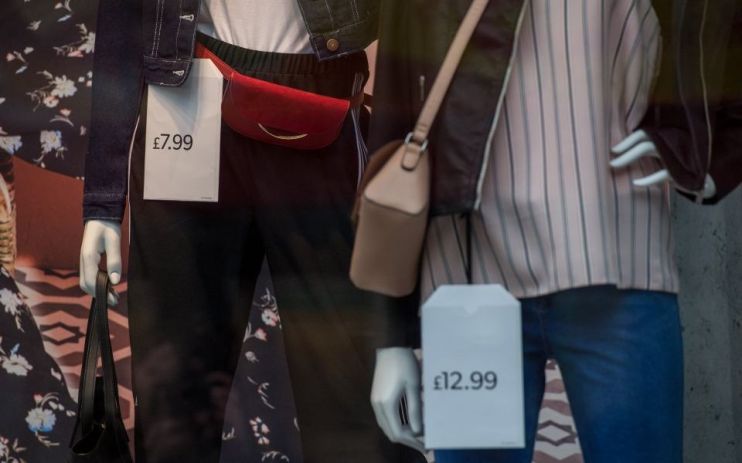Fossil fuel fashion: half of clothing made from non-recycled plastic, think tank says

Half of fast-fashion items sold by online brands like Boohoo and Missguided, are made solely from non-recycled plastics, a think-tank has said today.
Think tank Royal Society of Arts, Manufactures and Commerce (RSA) urged the government to impose a new tax on such clothing made from non-recycled plastic like polyester.
Income from the suggested clothing tax, for items that include new plastics, should be invested in creating new materials and recycling, the think tank said.
Fast fashion clothing, items that are produced cheaply, quickly and focus on ‘micro-trends’, are typically worn a handful of times before disposed of for another micro-fashion-trend.
The majority of the clothes are made of synthetic fabrics like nylon, acrylic and elastane, which need fossil fuels to produce, the RSA said.
“These fabrics…form part of a petrochemical economy which is fuelling runaway climate change and pollution,” RSA’s head of regenerative design and co-author of its fast-fashion report, Josie Warden, said.
The study found 89 per cent of merchandise on fast fashion brand PrettyLittleThing’s site contained new plastics, while Boohoo had 84 per cent and ASOS had 65 per cent.
Throwaway culture
The UK’s throwaway culture, which follows micro-trends, means vast amounts of items end up in landfills.
The synthetic materials the clothing is made of then means it could take thousands of years to break down, the RSA continued.
The report, which was published ahead of London Fashion Week starting on Saturday, called out fast fashion companies for being too slow to adopt recycled materials.
Just one per cent PrettyLittleThing’s clothing on its website contained recycled materials.
Boohoo has only two per cent, while ASOS hosted four per cent and Missguided had five per cent, according to RSA’s analysis of 10,000 newly listed items by the retailers.
Greenwashing
The RSA claimed fast fashion companies were “greenwashing” their image, meaning they have been inflating their commitments to sustainability and climate-conscious options.
Some shoppers may not realise how different types of fabrics are made, the report suggests, which means they are unaware of the environmental damage.
“The sheer volume of clothing produced by these websites is shocking – we should see many of these items, which go for rock-bottom prices, as akin to other short-lived plastics,” Warden added.
“The nature of fast fashion trends means they are not designed to have long lives in our wardrobes.”
Fast fashion brands like PrettyLittleThing and Missguided, which will sometimes release special ‘sustainable collections’, will also peddle 8p dresses and £1 bikinis to stir a consumer frenzy.